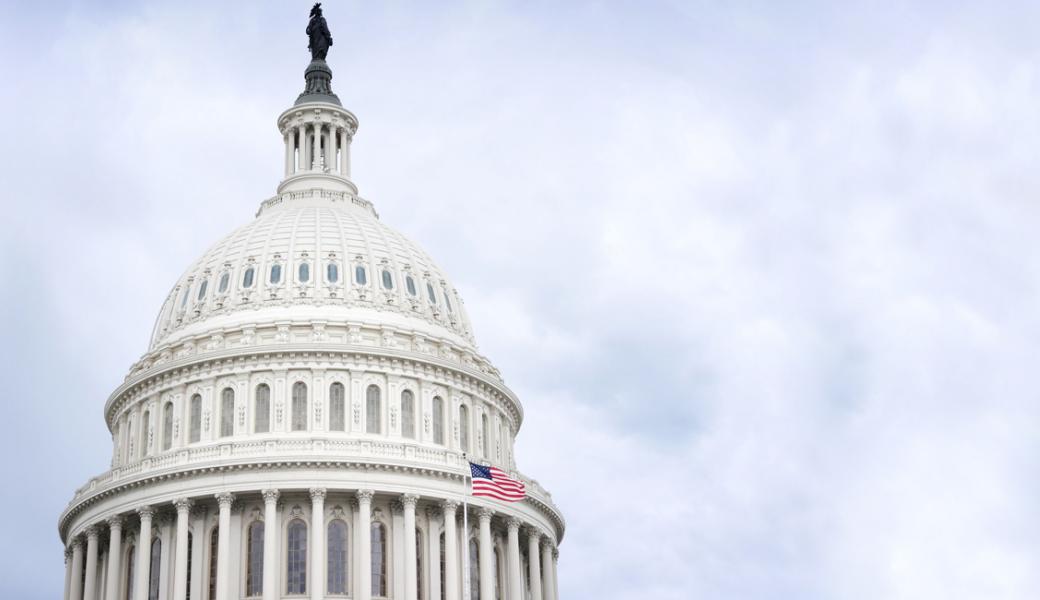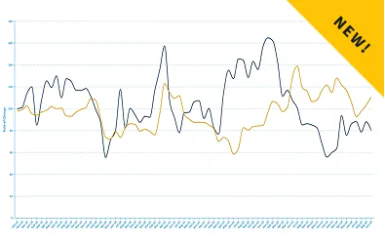When To Engage: Inside Look At Lobbying Decisions - Part Three

The RV Industry Association’s government affairs team works hard each day, at both the federal and state levels, to advance RV-friendly policies and defend against initiatives that would be detrimental to the industry. For this series, we are focusing solely on defensive lobbying—not on the proactive efforts to pass legislation beneficial to the industry.
We conclude our three-part mini-series which provides an overarching understanding of the steps the state team considers in order to determine which legislation to lobby against, with a narrowed focus on our third and final step: begin lobbying (or not) in an appropriate, specific and precise manner to advocate for our issues in that state.
BEGIN LOBBYING (OR NOT)
There are many considerations once the decision is made to lobby (or not lobby) a bill. If the team decides not to lobby a bill, is there another organization or a coalition that is more suited to lead this effort instead? Are we going to monitor the bill for progress and engage if it does begin moving forward? Will not engaging in a bill affect its outcome?
If the team decides to lobby a bill, how much time, energy and money will be dedicated to this effort? Is it best for us to send a letter to the bill’s sponsor from the RV Industry Association expressing our concerns or would it be better if the letter came from one of our member companies that provides jobs in that legislator’s district? Should we send a member of our staff to testify in an upcoming hearing? Should we hire an in-state lobbyist to help connect us to the right political figures? These are a few of the many questions to consider before we decide whether or not to begin lobbying.
DRAFTING ERRORS
Often when a bill is introduced that would have a negative effect on the RV industry, it is a result of a drafting error that changes the intent of a bill. When this happens, the solution is simple: work with the bill sponsor to fix the mistake. However, it takes significant time and effort to carefully read and analyze proposed legislation and the state law that it references to catch these mistakes. Once they are identified, one of the state lobbyists will work with the legislator and provide them with suggestions on how to fix the language in the bill.
It is important that the amendment happens early enough in the political process that the bill can still be changed before it is passed into law and becomes a major headache for RV industry members in that state. If we are unable to make amendments to the bill, the backup plan is to kill the bill in its entirety, which also happens with regularity.
ONEROUS LEGISLATION
Sometimes onerous legislation isn’t the result of a drafting error, but rather the actual intent of the legislation will negatively affect the RV industry. Whether these bills increase taxes on RV product or businesses, create additional burdensome regulations, or make it harder for consumers to own or operate an RV, the team is quick to identify and take action on these bills.
Working with legislators as well as organizations and associations with shared interests, the state team works to either kill the legislation or to amend the bill to provide exemptions or alternative requirements for the RV industry.
Because of the reputation of the RV industry, the RV Industry Association’s government affairs team, and the relationships built over the decades with key partners, the state team is able to defeat the vast majority of legislation that would have an onerous effect on the industry.
For any questions on this process or state issues, contact Mike Ochs at mochs@rvia.org
Catch up on Step One: Determine why this bill is being introduced and Step Two: Determine the trajectory of the bill
Did you find this interesting? Then you may also enjoy our Driving Policy monthly webinars.
Please Sign in to View
Log in to view member-only content.
If you believe you are receiving this message in error contact us at memberservices@rvia.org.

